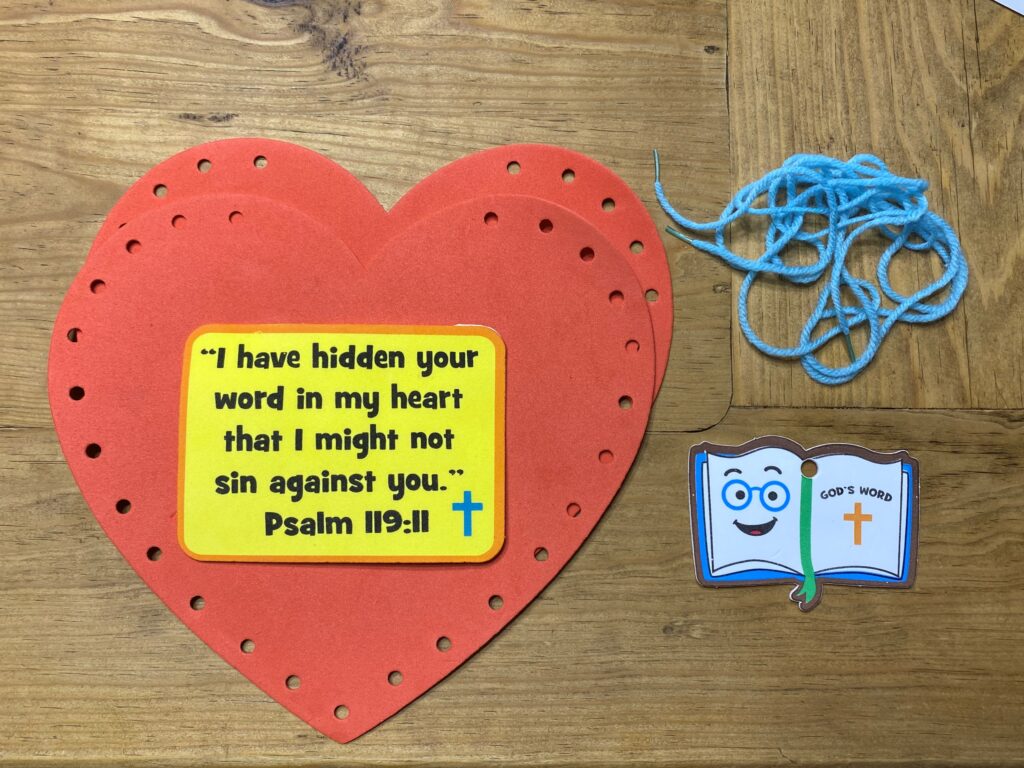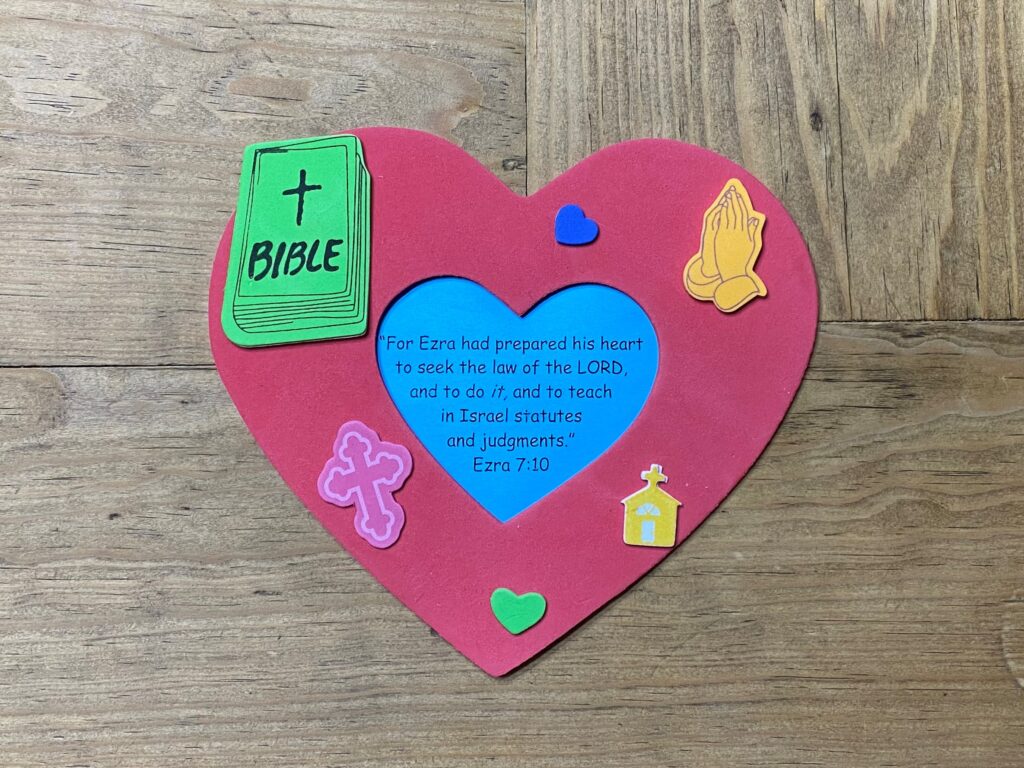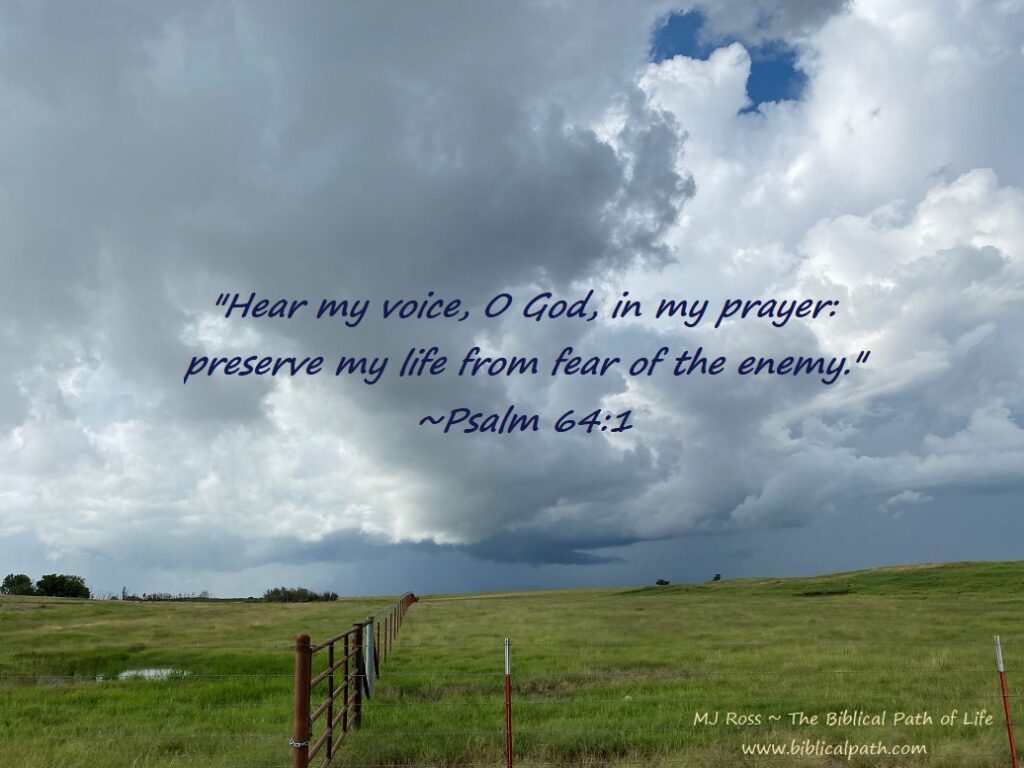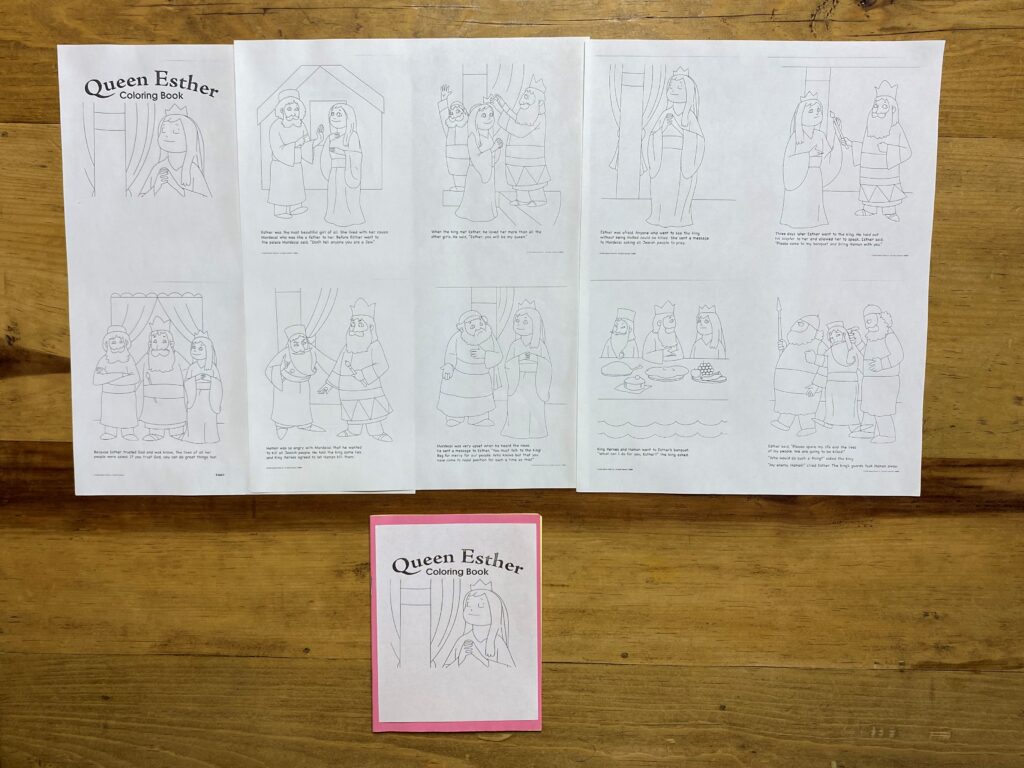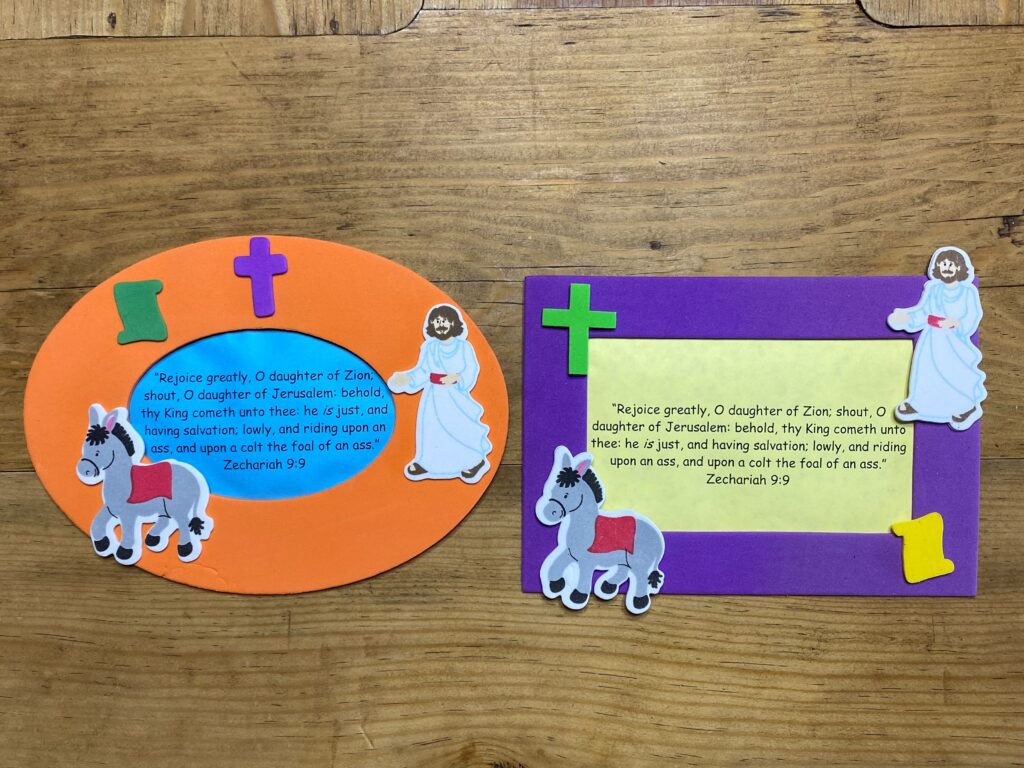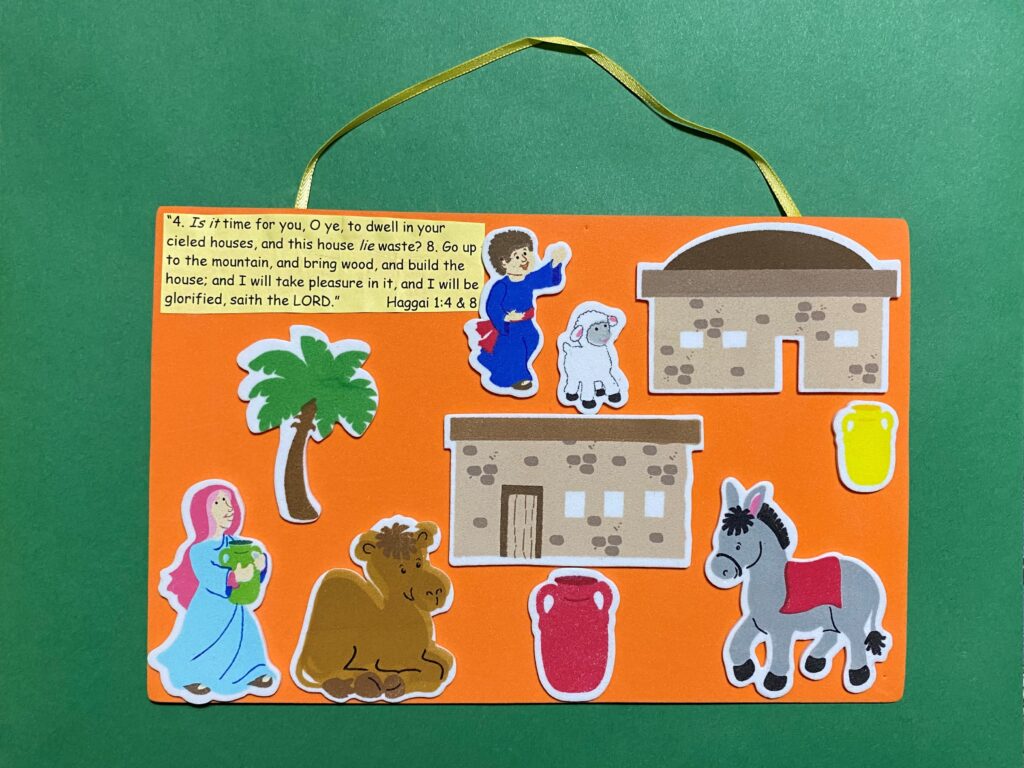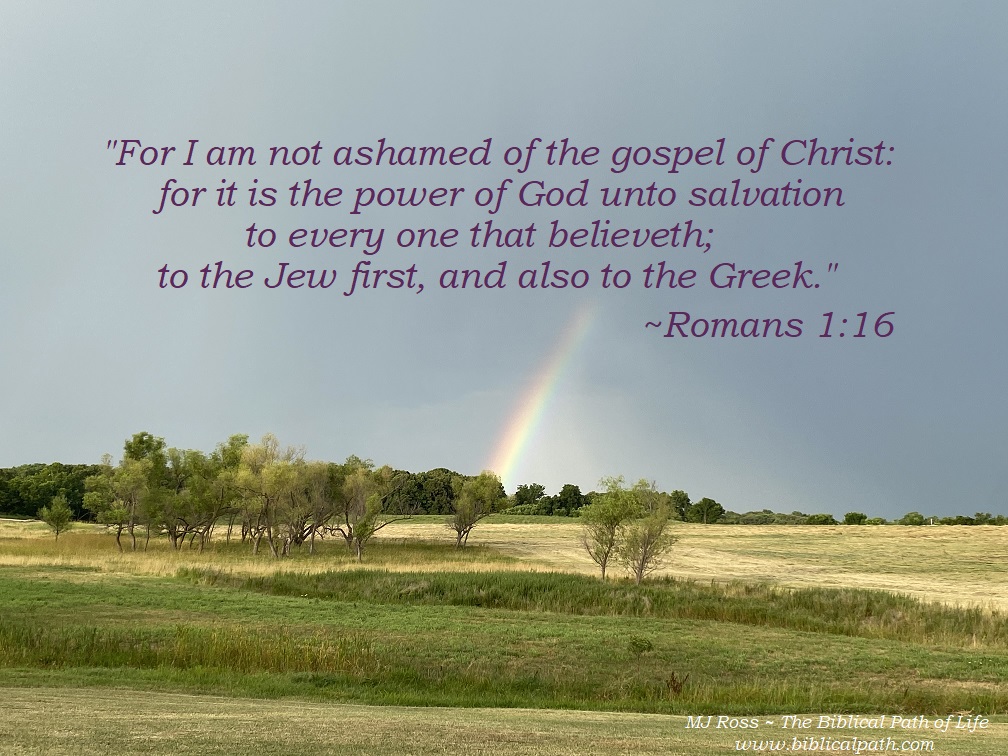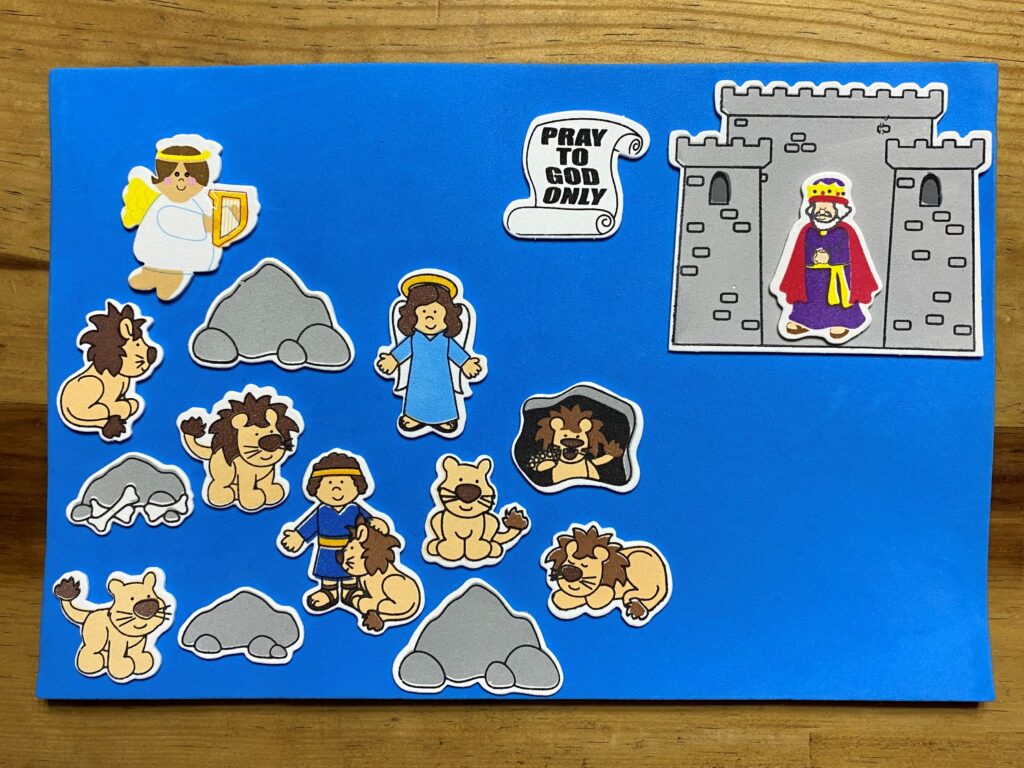
1 Corinthians 6:11
Many Christians today have not put forth much effort to grow in their Christian lives. They have remained immature, never taking the time to read or study God’s Word. When a Christian does not know what the Bible teaches, they cannot grow in their Christian walk with Christ.
Paul understood the Christians at Corinth had not grown in Christ (they were still immature, not having learned how to live as a Christian); Paul dealt with their godless lifestyles. “Know ye not that ye are the temple of God, and that the Spirit of God dwelleth in you?” (1 Corinthians 3:16). Apparently, these Believers did not even understand that God’s Spirit lived within them. God would discipline any who did not take care of (i.e. live a life pleasing to God) their new life in Christ (see 1 Corinthians 3:17). The Believers (Christians) were to understand that they could no longer live according to the world’s ways. They were to live according to God’s ways. We can find these “ways” recorded in the Bible. Remember what we are to understand: “the wisdom of this world is foolishness with God” (see 1 Corinthians 3:17-18).
Each person is accountable for his or her own life and the way he or she lives according to God’s Word. “1. Let a man so account of us, as of the ministers of Christ, and stewards of the mysteries of God. 2. Moreover it is required in stewards, that a man be found faithful” (1 Corinthians 4:1-2). Believers (stewards) were above all, to be found faithful as “stewards of the mysteries of God.” Steward means “one who manages a house and is accountable to the owner.” Faithful means “servants or ministers who are faithful in the performance of duty.” Paul not only taught them, but he was an example to them.
After addressing a particular problem that had remained in the church at Corinth, Paul listed more things they were not to allow. “But now I have written unto you not to keep company, if any man that is called a brother be a fornicator, or covetous, or an idolater, or a railer, or a drunkard, or an extortioner; with such an one no not to eat” (1 Corinthians 5:11). Paul is teaching them things that would help them in their Christian walk. Use the following definitions to understand these verses:
- Keep company means “to mix together; to mingle together; to have fellowship or keep company with.”
- Brother means “members of the same Christian community.”
- Covetous means “one who wants more; a person covetous of something that others have; a defrauder for gain.”
- Idolater means “a servant or worshiper of idols.”
- Railer means “railing (clamoring with insulting language; uttering reproachful words); or reviling (treating with language of contempt).”
- Drunkard means “drunken; drunkard (an excessive use of strong liquor; a person who habitually or frequently is drunk).”
- Extortioner means “rapacious (given to plunder; disposed or accustomed to seize by violence or force); an extortioner (wresting anything from a person by force, authority, or by any undue exercise of power; illegal exaction).”
God will deal with the lost world who commits theses acts. “But them that are without God judgeth. Therefore put away from among yourselves that wicked person” (1 Corinthians 5:13). Put away means “to remove; to expel; to excommunicate.” Christians are not to keep company with people who behave in any of these manners – especially if they claim to be a Christian. See that it even included that we are “with such an one no not to eat.” Eating with someone is an intimate form of fellowship. (Remember the progression of sin in Psalm 1:1-6.)
Why can we not hang around people like this? Paul explained to them why they could not. “And such were some of you: but ye are washed, but ye are sanctified, but ye are justified in the name of the Lord Jesus, and by the Spirit of our God” (1 Corinthians 6:11). Once one becomes a Christian, it is important to understand they are different. Sanctified means “to withdraw from fellowship with the world by first gaining fellowship with God.” Spending time with people living contrary to God’s Word will do harm to God’s church, instead of good, and especially in the lives of each Christian. We are to understand that because of Jesus, we are sanctified. Therefore, we must follow God’s Word, which is full of basic Christian principles of how to live a life pleasing to God.
Read what Paul reminded them of again. “19. What? know ye not that your body is the temple of the Holy Ghost which is in you, which ye have of God, and ye are not your own? 20. For ye are bought with a price: therefore glorify God in your body, and in your spirit, which are God’s” (1 Corinthians 6:19-20). If each Christian would just remember that they were bought with a price, and they are no longer their own, it would be much easier to live a life pleasing to God.
Do you remember that you are sanctified, bought with a price, and you are no longer your own?

